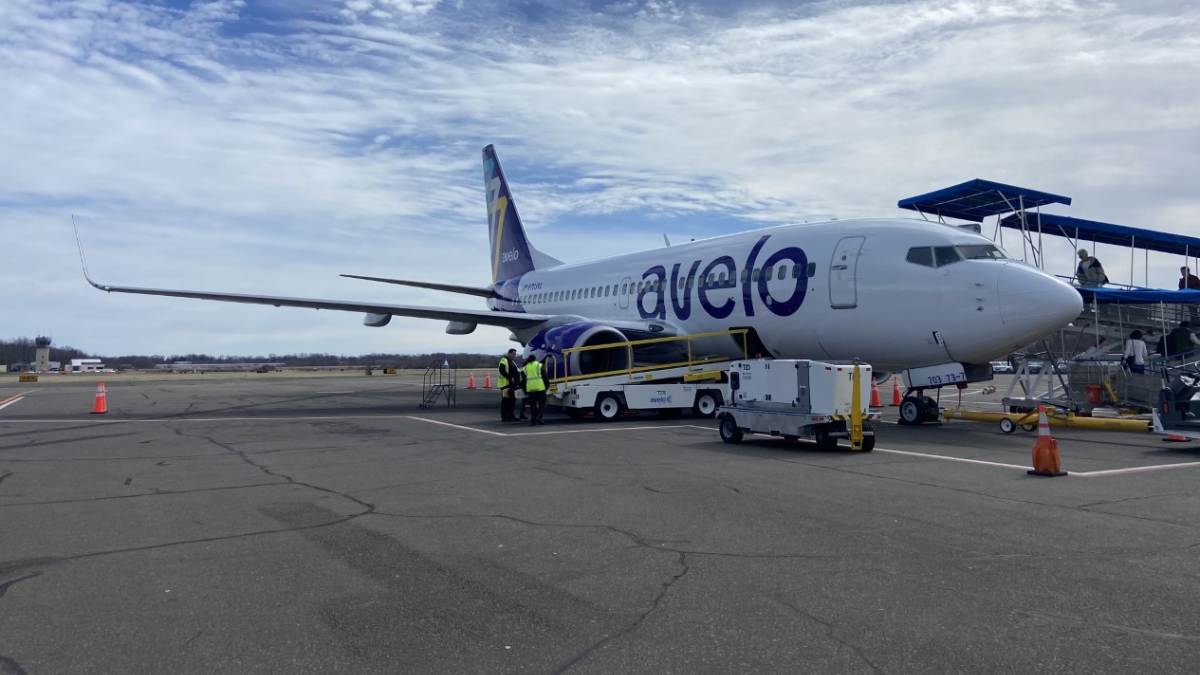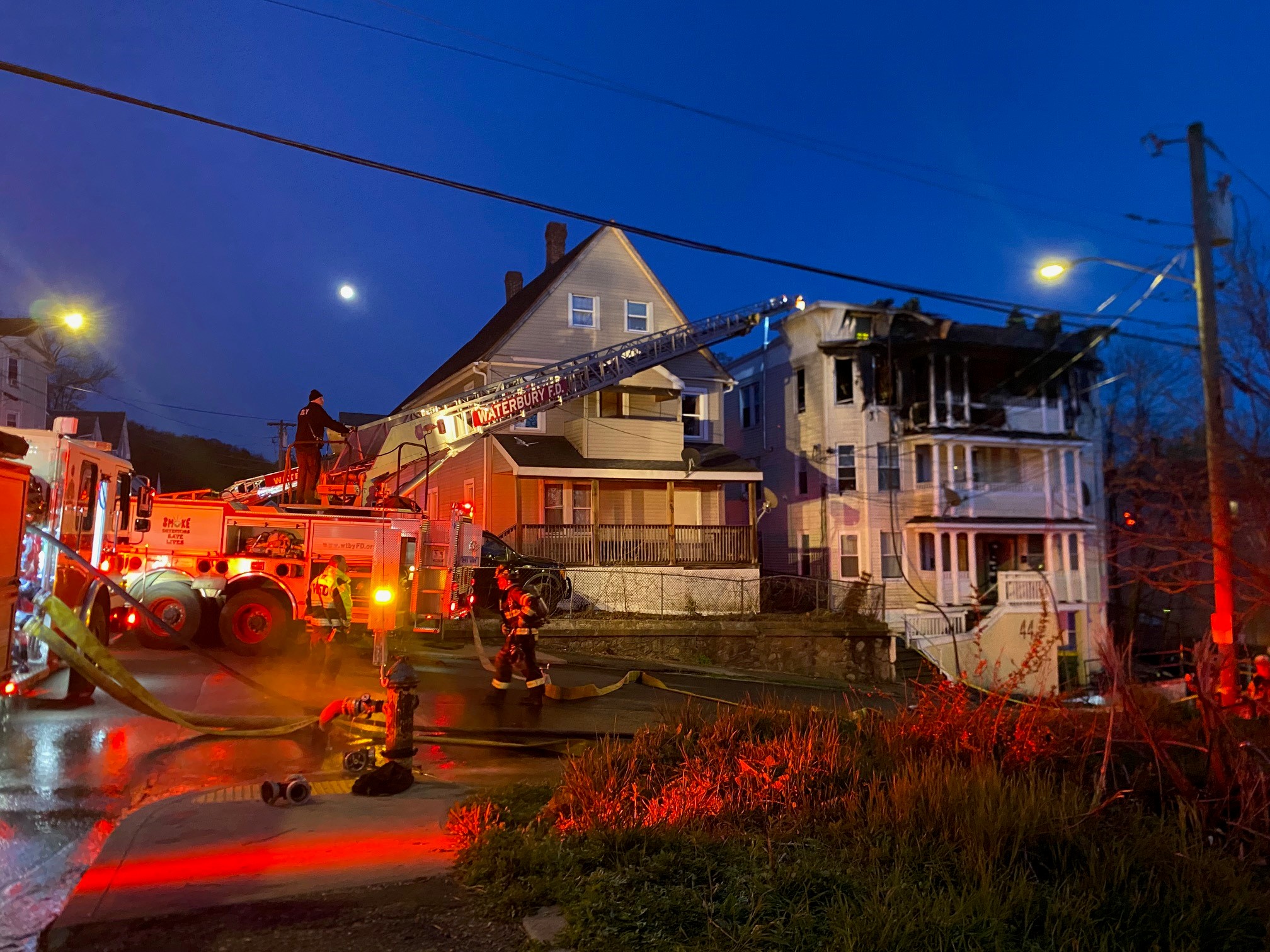Connecticut decriminalized the use of marijuana in 2011. A new bill discussed before the judiciary committee on Monday goes a big step further, legalizing the possession and the sale of the drug for recreational use.
“No one is here advocating for the use of cannabis,” said Rep. Steve Stafstrom, a Democrat from Bridgeport, at a press conference before Monday’s hearing in support of the bill. “This is about saying it’s here, it’s on our doorsteps, it’s on our streets, how should we as a state regulate that substance.”
On Monday, dozens of people testified both for and against Governor Ned Lamont’s 108-page bill legalizing recreational marijuana.
The Department of Revenue Services estimates the state will collect $15.7 million after the bill takes effect in 2022, potentially growing to $59.9 million in the second year.
“It’s one thing sort of having that Libertarian argument of letting people smoke pot in their living room and leave them alone versus Connecticut entering into the wholesale commercialized market of marijuana,” said Rep. Vincent Candelora, a Republican from North Branford.
Opponents called it a money grab in a state struggling to pay its bills.
“People are being manipulated for the love of money,” said Melissa Robbins, the regional director for SAM, Smart Approaches to Marijuana. “Get more Americans addicted in the middle of an addiction crisis. It makes absolutely no sense.”
Local
This bill pushes those with certain marijuana-related arrests to the front of the line to get a license to sell. Jason Ortiz, of the Minority Cannabis Business Association, said it also waives the $50,000 application and license fee.
“It’s very specific about how we’re going to undo the damage done by the war on drugs,” Ortiz said.
Ortiz says the state’s medical marijuana growers will likely be the first licensed to grow for recreational use. That has some in the medical marijuana business concerned.
“Unfortunately, I believe in this bill that the patients are kind of getting lost in the shuffle,” said Ann Marie Luisi-Rosado of Canna Health in Middletown.
There’s also concern about the inability to test drug-impaired drivers. Unlike the breathalyzer used to test for driving under the influence of alcohol, there is no such test when someone is suspected of driving high.
“For marijuana, we have no clue when they’ve smoked, how much they’ve smoked, how long they’ve smoked,” Robbins pointed out.
There is a blood test but that is not done on scene.
An AAA study showed that the number of drivers involved in fatal crashes who tested positive for drugs was higher in Connecticut than the national average. That study was done before Massachusetts legalized marijuana. AAA, which is opposed to the bill for public safety reasons, said the drug most prevalent in those fatal crashes was marijuana.
Experts point out that the level of THC in someone's blood does not always correlate to their level of impairment. Without an on-sight test, impairment can only be determined by specially trained officers called drug recognition experts or DREs.
The state’s Commissioner of Emergency Services and Public Protection, James Rovella, testified in support of the bill and said there would be more officers trained as DREs by the time this law were to take effect in July of 2022.



